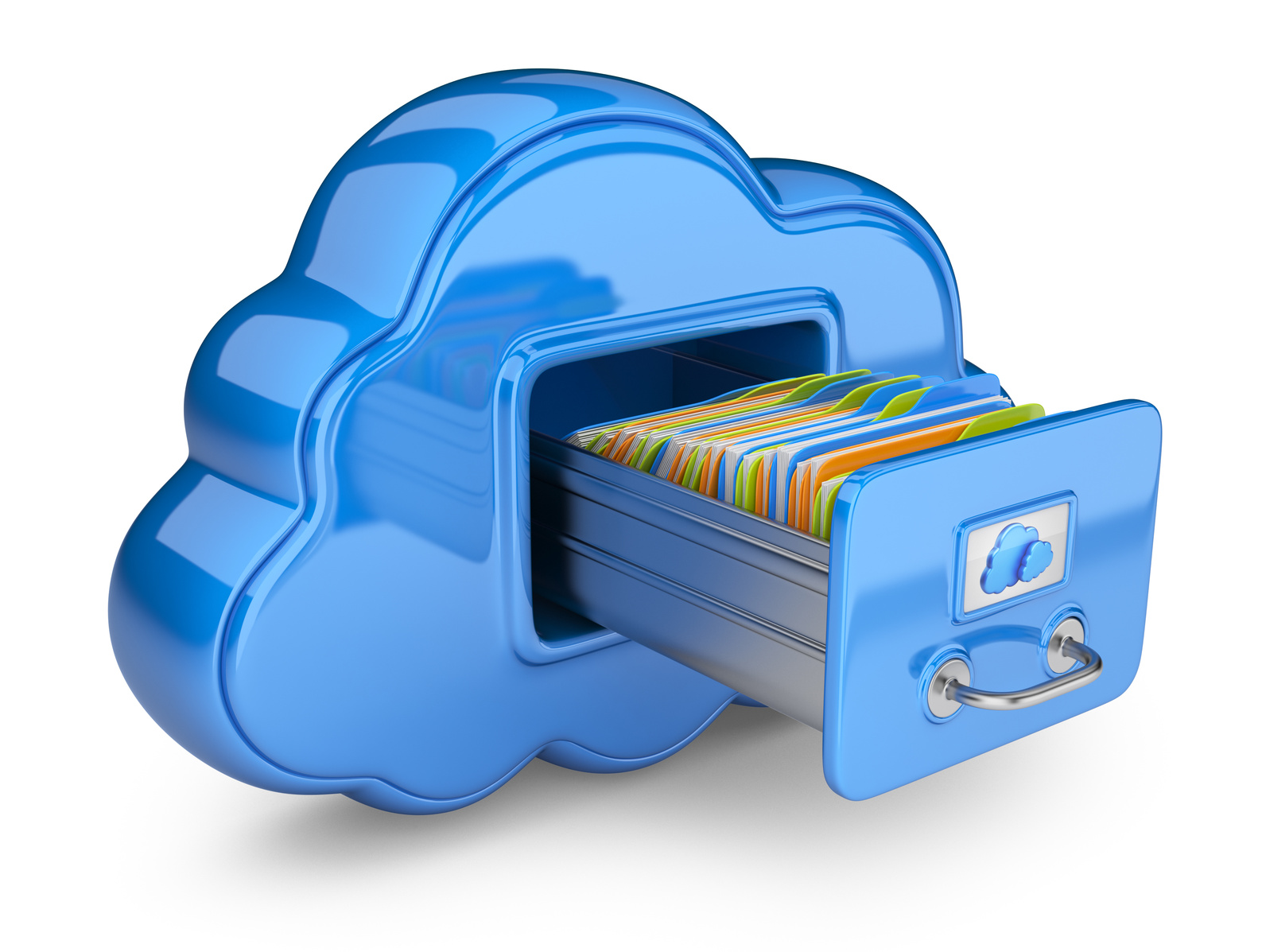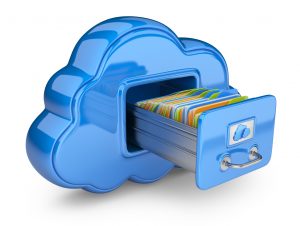
Why lawyers need the cloud
 Cloud computing is not just a cool technology for early adopters. It is now the digital backbone for individuals and businesses that demand highly secure, scalable, accessible and centrally managed data centers maintained by highly trained IT professionals.
Cloud computing is not just a cool technology for early adopters. It is now the digital backbone for individuals and businesses that demand highly secure, scalable, accessible and centrally managed data centers maintained by highly trained IT professionals.
This is why legal practices are increasingly using cloud storage and software systems as an alternative to in-house data storage and IT programs. In fact, according to the results of the American Bar Association’s 2013 Legal Technology Survey, lawyers’ use of cloud computing software to manage their law firms increased by more than 30% in 2013, with nearly one-third of all lawyers surveyed reporting that they used cloud computing software in their law practices.
According to the survey results, 74% of the lawyers surveyed mentioned convenient access as one of the best selling points of cloud computing. The next most popular feature was 24/7 access, with 63% reporting that feature, and affordability came in third at 56%. Basically, lawyers use cloud-based law practice management systems because they increase both productivity and profits.
However, there are still lawyers that are hesitant to adopt new technologies because they need complete confidence that nothing will affect their ethical responsibilities to clients and society. So here are three interesting benefits that might convince lawyers on the advantages of cloud computing for their practice:
- No need to store documents on paper or on your computer
With the right platform, your data is actually more secure in the cloud than on paper or on your computer. Many lawyers still have law offices where files are not electronically stored. But what happens in case of a natural disaster, and the law office suffers damage or is destroyed? Also, if you hoard confidential data on your computer for fear of not being able to connect to the Internet, what happens to that data in the event of a disaster or loss or theft? If the data is secured in the cloud on a remote server, then you can quickly get up and running at a different location.
- Flexibility is no longer a luxury
Using cloud computing applications in your practice can give you freedom and flexibility. For example, it removes the worry of losing a day of work for solo and small firm lawyers, and it lets cross-country or otherwise disparate teams collaborate efficiently at mid-size and large law firms.
The cloud allows you to access applications from any computer, not just the computer in your office. If an attorney is at the courthouse, on vacation or at home, and needs to update information, all that is needed is a computer and an Internet connection. This flexibility helps increase productivity and efficiency.
- The cloud is a more economical investment than traditional software
Traditionally, a law firm buys a server (typically costing several thousand dollars) and pays thousands for a software package. The firm has more upfront costs and typically will need an IT person (in-house or outsourced) to help train and maintain the software and server. At the same time, updates are not rolled out as frequently and often cost additional money. If those updates exceed the law firm’s current hardware capacities, computers and servers need to be upgraded as well.
With most cloud-based applications, the user pays a monthly or yearly license fee. This scales by the number of users. In other words, the more users you have, the more seats you buy. So the costs of accessing software through a cloud are generally lower than the costs associated with purchasing and hosting software internally.
- Security is not an issue
With breaches becoming more common, security is a priority for all lawyers. Fortunately, there are ways to protect yourself. The most common method is anti-virus software, though in this day and age anti-virus software is not enough. To protect yourself, and your clients, it’s best to use more than one method. Along with anti-virus software, use encryption for things like email, mobile devices and, even, to encrypt data on Macs. Whenever possible, make sure the data you’re putting in the cloud is encrypted at all stages.
Also, keep in mind that not all cloud-based applications are created equally. Security falls in different priority levels for different providers, and companies that provide cloud and mobile solutions for lawyers and law firms understand that security is incredibly important. If they don’t, the chances are they will not last long in the industry. The measures to secure data are typically explained in privacy policies and terms of service, as well as individual contracts between the provider and user. If it is not clear how your data is protected, ask.
There is no reason to fear the cloud. Instead, be smart about it. Cloud computing applications can be used for collaboration both internally and externally, video conferencing, depositions, and even for courtroom exhibits.
Photo credit: https://www.flickr.com/photos/78811166@N05/14269942953/





